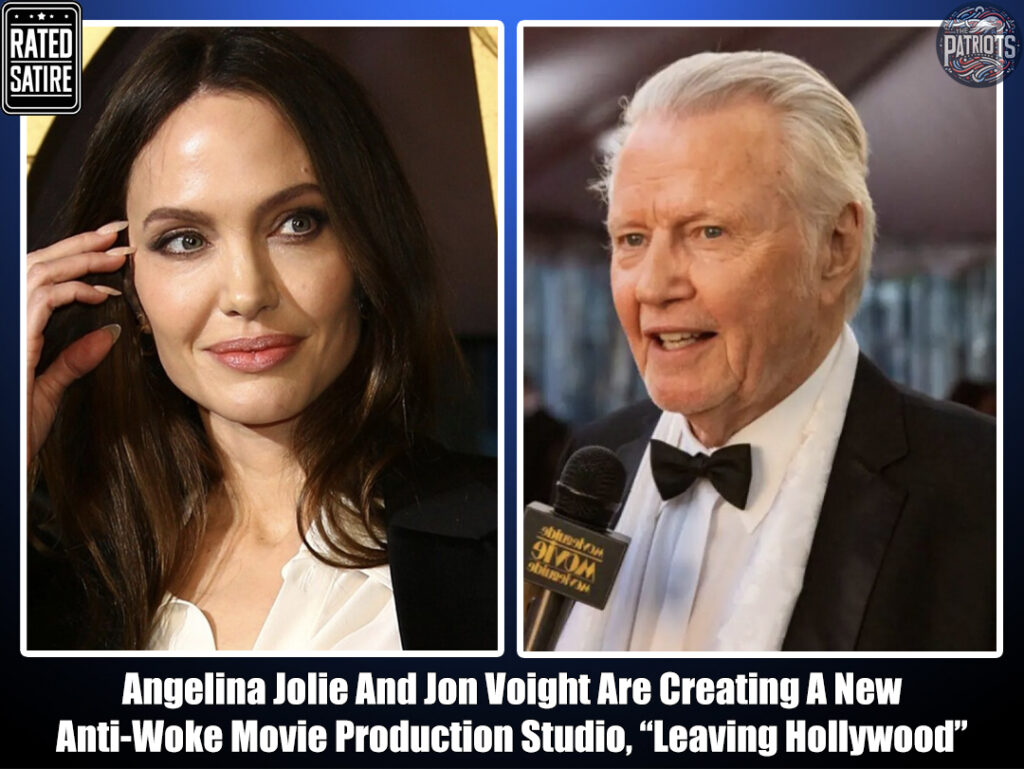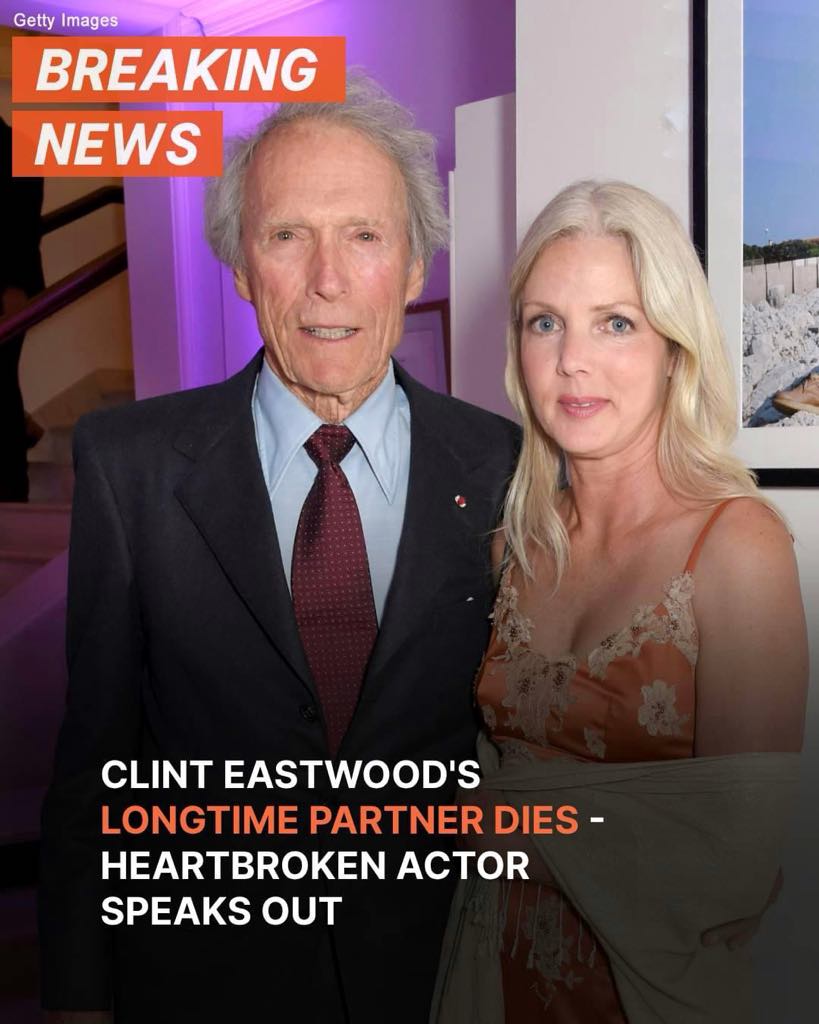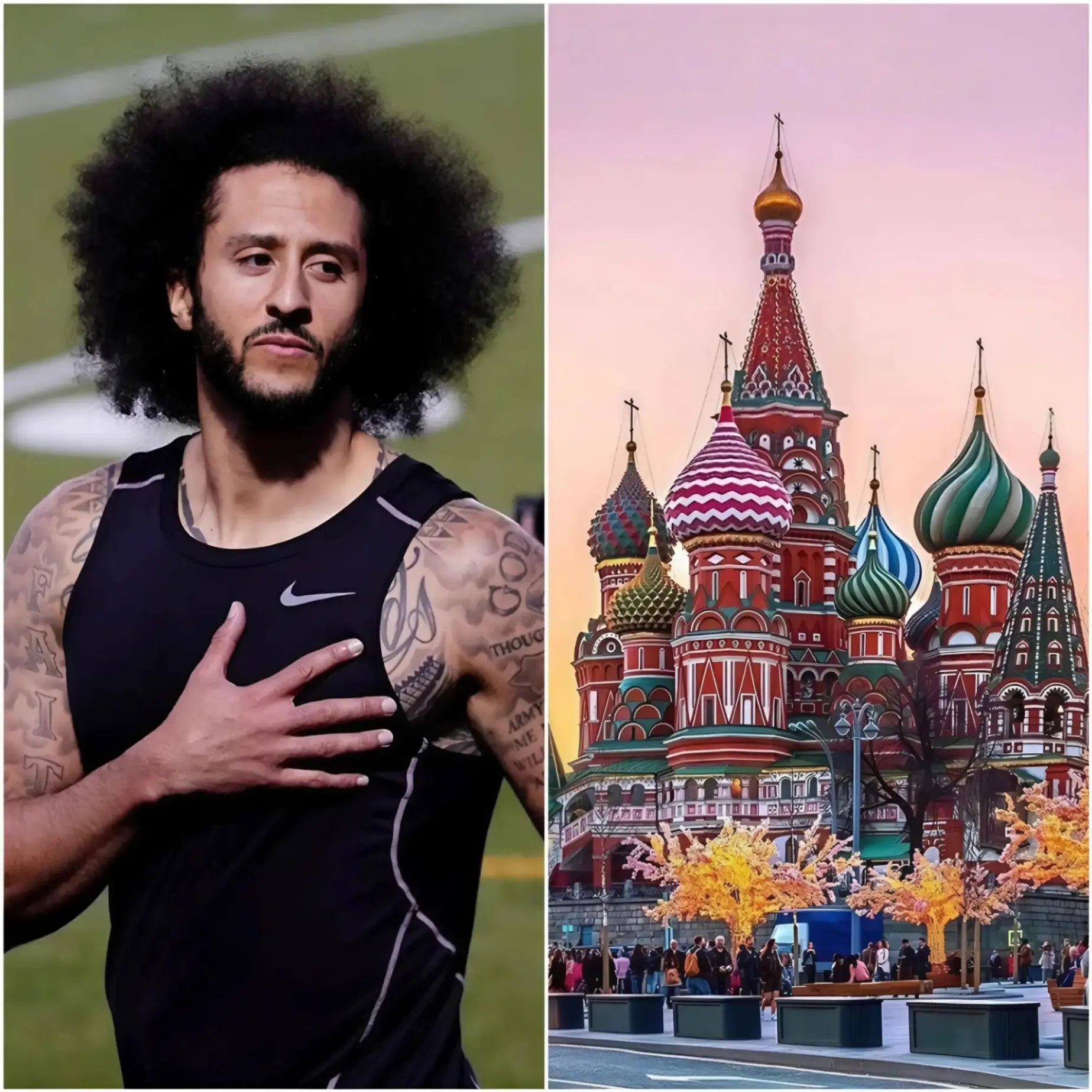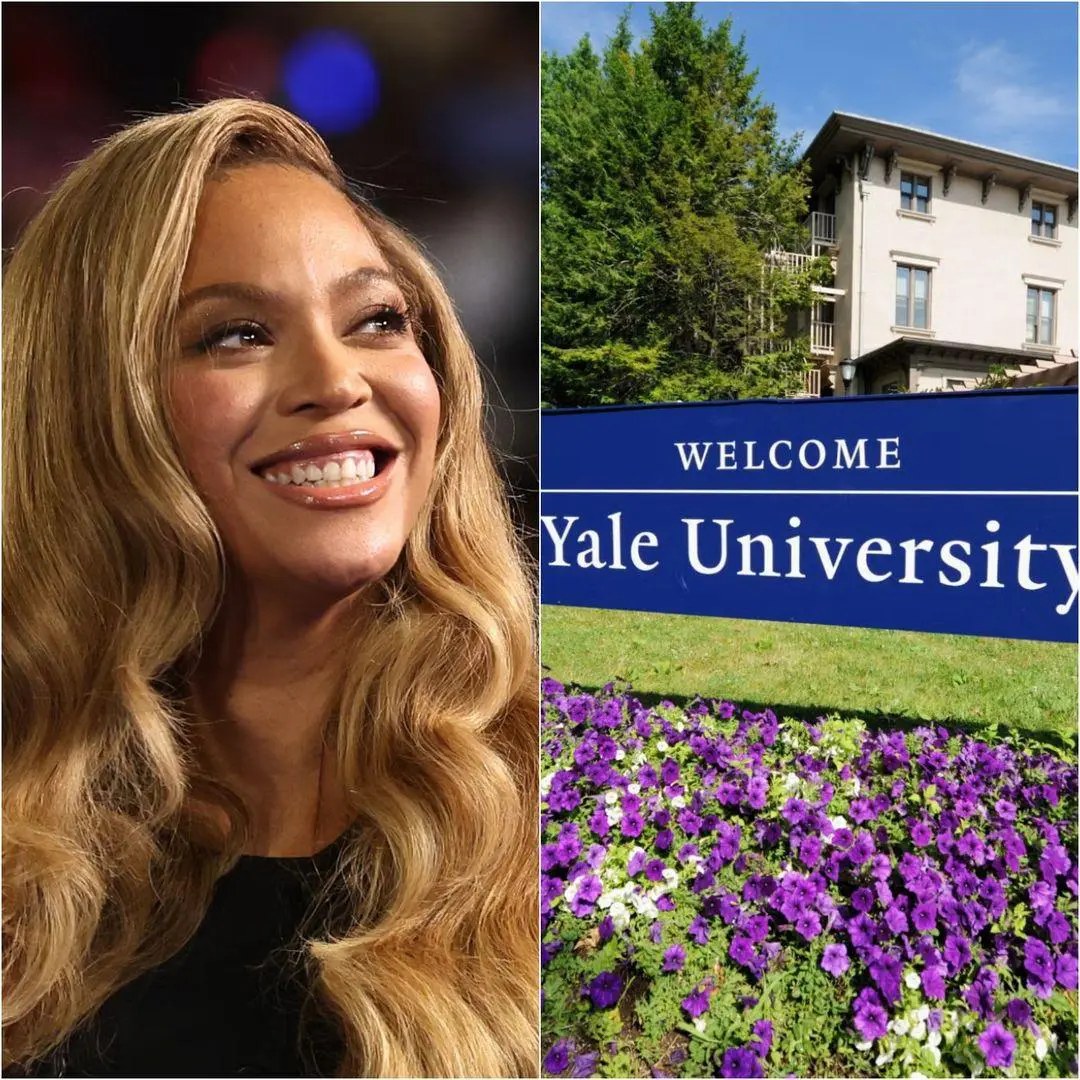However, critics of the ban view it as a troubling infringement on artistic freedom and a slippery slope towards censorship. They argue that the Academy’s decision sets a dangerous precedent by penalizing artists for expressing their beliefs and engaging in social and political discourse. Furthermore, they question the criteria by which an artist’s ideological stance is deemed unacceptable and whether such judgments should dictate their professional opportunities.
The controversy surrounding Garth Brooks’ ban reflects broader tensions within society regarding the intersection of art, politics, and ideology. In an era characterized by heightened polarization and ideological tribalism, the role of artists as cultural commentators has become increasingly fraught. While some view music as a means of sparking dialogue and challenging societal norms, others see it as a platform for reinforcing existing divides and promoting partisan agendas.
Ultimately, the Academy of Music’s ban on Garth Brooks serves as a reminder of the complex interplay between art and society. As audiences grapple with the implications of this decision, it prompts us to reflect on the values we hold dear and the kind of cultural discourse we aspire to cultivate. In a world marked by diversity of thought and expression, navigating the delicate balance between artistic freedom and institutional integrity remains an ongoing challenge.
Strawberry crunch pound cake
Breaking: Jon Voight and Angelina Jolie Join Forces for a Non-Woke Production Studio, “Time For A Change”
Loved it! I made this for my son-in-laws 40th birthday party and it was a hit
Kid Rock Fuels Calls for David Muir’s Ouster from ABC News
Clint Eastwood’s Longtime Partner Dies at 61: Details
Delicious and Easy Lentil Patties: A Protein-Packed Recipe


















